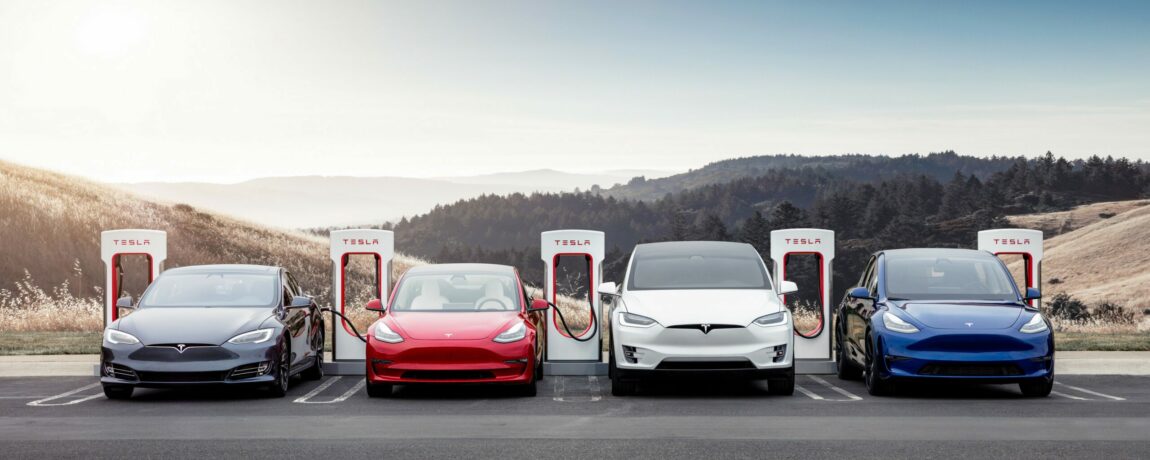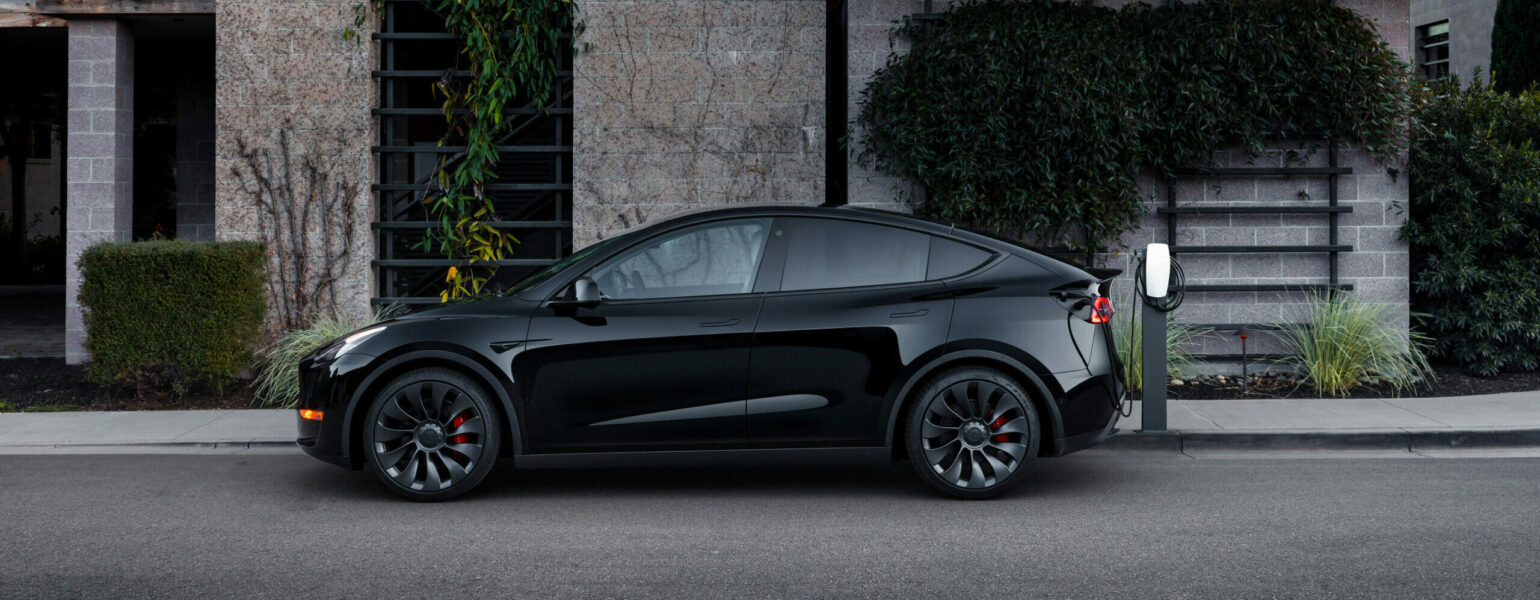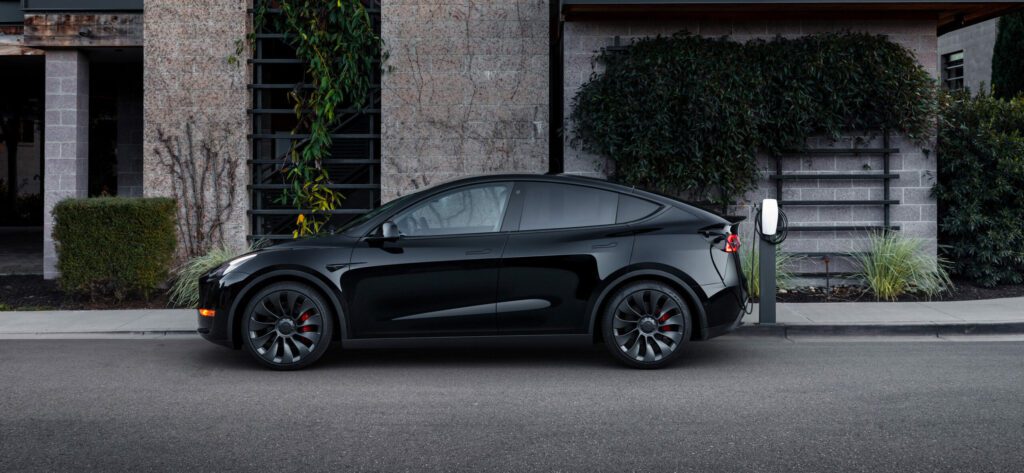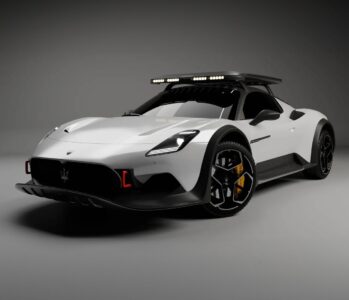
Are We Losing Interest In Electric Cars?
The ban on combustion engine cars has become a talking point in the news once again, only this time it was a potentially welcome one for many as the government delayed the scheduled ban from 2030 to 2035. Some car manufacturers have scaled back production, whilst others have been reducing prices in a reaction to waning demand. Is it now going to take even more persuading for those not wanting to make the switch? Is another 5 years enough time to change people’s minds? Are we even going to be ready for the change?
So, what are the issues about our electric car future?
Benefits
Firstly, let’s look at why electric cars make sense. Daily running of an electric car, especially in a town or city centre, ensures that built up areas are quieter, less polluted and provide a healthier environment for those in the cars as well as those outside the cars. Not only this but if you are prepared to be careful when and where you charge your electric car it can also be financially beneficial to run as well as to maintain over a period of time.
The benefits can be plentiful and rewarding, as described in our blog post Petrol vs Electric: Which Is Cheapest but has the looming ban on combustion engine cars forced people to adopt electric car motoring, rather than agree that right now it is the way forward. There are a number of reasons as to why the ban may be coming a bit too soon for many.
Despite their apparent complicatedness and advanced technology, the majority of electric cars are much easier to drive than their combustion engine counterparts. They have no gears to change and some even have the ability to use a single pedal to do both accelerating and then brake automatically when lifting off again. Not only this but with the engine containing a single moving part, being the electric motor itself, there is no oil to change, no cambelt to keep an eye on or no wearing of the exhaust system to replace, meaning maintenance and servicing should be cheaper and less frequent.
Demand
The demand was on the rise in an exponential fashion over the past couple of years, with electric car sales accounting for more and more of the new car market as a percentage. Early adopters had taken advantage of government incentives and tax breaks, especially if purchasing through a business, to endure that the switch to electrification was not only an environmental benefit but a financial one too.
Not only are those incentives slowly disappearing, and in many cases being removed completely, but with the costs of the cars being greater in the first place, it makes less financial sense than it used to. As a result, many electric car drivers, or those looking to make the switch, are wondering whether they should stick with combustion engine cars whilst they still have the choice. As a result, the demand for electric cars has cooled to such an extent that many manufacturers have either reduced prices to adjust to the slowing of demand, or scaled back production to some extent.
Following the news of the combustion engine ban being put back a further 5 years, a recent poll by online garage experts Regit of over 4,000 road users found that 80% said they supported the government’s decision to postpone. In addition to this, almost half of those surveyed said they were more likely to buy a combustion car in the meantime due to the announcement, whilst almost 40% said that the recent news had reduced the likelihood of them ever owning an electric vehicle at all.
Used Car Prices
As a result of the demand appearing to be waning, as well as the number of electric cars purchased or leased through businesses coming to the end of their agreement, the market has been flooded with second hand electric cars. Not only has this reversed the previous scenario of demand being greater than supply, but second-hand electric cars just aren’t as desirable a prospect as a second-hand petrol or diesel car.
One of the drawbacks to a second-hand electric car is that you have no idea how well the previous owner treated the very expensive batteries. If they solely used the fastest of fast chargers each time they needed more power, chances are the batteries aren’t in as great condition as they could be. With such a hefty bill to replace a battery pack on an electric car there is always a degree of uncertainty as to how much range they will give you each time or how long the battery pack will last in your ownership.
Not only that but as demand has fallen over the past 12 months, major manufacturers led by the biggest name in the electric car market, Tesla, cut the price of their new cars by considerable amounts. Not only did this mean you might immediately find yourself in negative equity in your new car you’ve only just collected, but the price of used cars fell by similar amounts at the same time. In fact, in the past 6 months out of the 30 biggest depreciating used cars, 29 of them were electric models. A large proportion of the more premium models from the major manufacturers dropping by more than £20,000 in that time, and some by over £40,000.
Network
The biggest hurdle to the whole electric car switch was always going to be how they are to be charged. A road network that has been built entirely around combustion engines and their refuelling convenience was always going to struggle to convert to having to charge electric cars instead. From the number of charging ports available in public areas, to the lack of facilities that the large proportion of homes have to facilitate an electric car being charged, the logistics of how everyone will actually power their cars is still a mystery to a lot of people.
Not only that but the rising costs of utilities has meant that the price of public charging has risen dramatically in recent years. The fastest chargers come at a large premium compared to the ‘slower’ ones, something difficult to get your head around for those used to paying one cost at a petrol garage.
Then there is range. Whilst some electric cars can now rival petrol or diesel cars for the distance they can cover once ‘full’, some electric cars can only manage 100 miles or so and therefore can be very limiting for owners. 100 miles may be plenty for the majority of trips that people will undertake, however if that trip is to a popular tourist destination, there is no guarantee that a charger would be available whilst you were at the destination in order to allow you to get home. Until electric chargers are as plentiful as the current supply of petrol garages, something that is going to require considerable investment and planning, this is always going to be an issue of electric motoring.
Hybrid
Some leeway had been granted with the fact that hybrid cars were going to be able to be on sale for a further 5 years, however this has not been put back and has now fallen in line with the combustion engine ban in 2035. A hybrid car can have many of the benefits of an electric car with the reassurance and convenience of a combustion engine car. Whether your hybrid is a Mild Hybrid (MHEV), a Full Hybrid (HEV) or a Plug-In Hybrid (PHEV) the assistance of the electric motor can make a big difference. In essence it can either fully power the car for a certain amount of range only calling upon the combustion engine if that range runs out, assist the combustion engine to maximise efficiency (even some new model Range Rover models have claimed MPG figures in the 300’s), or simply power the electrical systems in the car to again ensure you get the most miles from your petrol or diesel.
Whilst many manufacturers continue to develop combustion engine cars for the time being, the majority are hybrid assisted and can offer real efficiency benefits to owners. Other hybrids that can be charged and ran for periods of time using electric power only merely have the combustion engine as a secondary option or as a ‘range extender’ should your battery charge run out. Something all electric car drivers would surely be thankful for should they be stuck in gridlocked traffic with low range or be required in an emergency situation but without the range to make the trip.
The hybrid option is something that would surely make more sense, even if it ran alongside the electric only cars for a number of years. Requiring all cars to be hybrid in nature would ensure that the combustion engine performs at maximum efficiency whilst introducing electric power to all drivers, even if optional to some degree. The vast improvements in efficiency would reduce emissions, whilst the reassurance of the combustion engine back up would ensure that the convenience that we have all become accustomed to is not removed entirely from our ability to travel to a chosen destination.
Synthetic Fuels
Synthetic fuels are the elephant in the room with the ban on combustion engine motoring for a number of reasons:
The first consideration is cost. Yes, the process of producing the synthetic fuel is currently very expensive so a litre is many times more pricey when compared to ‘regular’ petrol, but so was battery technology until it was scaled up mainly thanks to Tesla and Elon Musk. The price of battery production is for the first time below $100 per kWh, dropping from an average of $150 in 2022, and from over $730 ten years ago. If as much money was investing in synthetic fuel technology as is spent on battery and electric car technology or installing charging points up and down the country, it would no doubt drive down the price of synthetic fuel production.
Energy usage. The process to generate the synthetic fuel is also very energy-intensive, creating a high energy fuel is always going to take a lot of energy to produce. Many of the major producers are using renewable sources to create the fuel in the first place, however in order to meet the demand that switching every car to synthetic fuels would take, the infrastructure would need to be in place to ensure the fuel was produced as ethically as possible. However, this may be investment that will need to be considered either way if everyone charging their electric cars increases the demand on electricity production.
Convenience. Why spend an exponential amount of money installing electric car chargers at petrol stations, in car parks and at properties up and down the country when the synthetic fuel solution offers the same convenience we have been used to for our commuting needs for over 100 years. Refilling a car with synthetic fuel is exactly the same process as currently topping up your car with petrol or diesel, and anyone who has tested running a car on the manufactured alternative have noted how there was no difference in performance, economy or characteristics between the two.
Emissions. The process used to create synthetic fuels takes carbon out of the atmosphere to produce the fuel, which when burned by the combustion engine is merely replaced back into the atmosphere. If every mode of transport around the world, planes, trains, boats and cars made the switch to synthetic fuels today, no more carbon would be burned from transportation. Surely even kinder to the environment than just banning combustion engine cars but only in certain countries who have thus far decided to enforce it.
Let the people or the industry decide for themselves. Many advances in road vehicles, even efficiency improvements, have come from advancements in motorsport. The World Rally Championship already run their cars on synthetic fuels, cars that are now also hybrid to ensure maximum efficiency for the power generated. Formula 1 cars have been hybrid powered for many years and there are plans in place to ensure synthetic fuels are used from 2026 onwards. Even Porsche themselves have invested heavily in the production and research into synthetic fuels in an attempt to bring it to the masses, whilst ensuring the fuel is produced in the most efficient and eco-friendly way in the first place.
The EU. Awkwardly Europe have already made a U-turn and accepted that combustion engine cars can continue to be sold past the initial date if they are powered by synthetic fuels. Germany and Italy put the EU under pressure to reverse the ban and earlier in the year they agreed to change their minds. We may not be part of the EU anymore but if the rest of Europe have decided to make some kind of U-Turn about the whole situation, it may encourage our government to look to change their minds or at least extend the combustion engine ban even further.
The petrol companies. There are thoughts from some in the motor industry that the reason that the government is reluctant to back synthetic fuel production is that the treasury receive so much in tax from the sale of petrol and therefore companies themselves. But surely if the demand for petrol drops significantly once the ban comes into place, the amount of tax generated will also drop, something that they may be able to recoup in a similar fashion from the synthetic fuels taxation going forward. The demand for petrol stations would also drop or be forced to accommodate an increase in electric car charging points. But with charge times currently in the 10’s of minutes or even longer for the majority of charges, the current petrol station facilities and capacity for stationary cars would need to change dramatically.
Conclusions
The alternatives to a fully electric-only option for new cars may still be up in the air, but it does appear that the approaching 2035 ban as it currently stands may not be the best way forward. Everyone will agree that any steps to reduce emissions are a positive step forward, but enforcing a decision that affects how people live their everyday lives and restricts many aspects they have become accustomed to may be a step too far. Only time will tell whether or not it is the right decision, however, with just over 10 years to go until the ban is in place, it would appear there is still a lot of work to be done. If the public are restricted to only being able to purchase electric only vehicles, surely those reluctant to make the switch will merely keep the current combustion engine car they currently have and therefore not alleviating the carbon production issue at all.
Oracle Car Finance
At Oracle Finance we have your next car’s funding sorted, no matter how it is powered. Our expert Account Managers use our panel of over 20 specialist lenders to help you to find the perfect package, bespoke to you and your circumstances. Our team are always on hand should you have any questions about arranging car finance and your dedicated Account Manager is ready to take your call today.
With over 1,850 Trustpilot reviews and a overall rating of 5 out of 5, and as four-time consecutive award winners of the Best Specialist Car Finance Provider award from 2020 through to 2023, you too can find out why thousands of people trust us time and time again to find a smarter, tailored funding solution when looking for your next dream car.
Make sure you follow us on Instagram, LinkedIn and Facebook to keep up to date with what’s happening in the market and to see some stunning photos and videos of the amazing cars we fund.












